Good morning, it’s Monday, November 24th. In today’s news, Canada’s border is being run by students with three weeks of training, Carney is selling the nation’s financial future to the highest foreign bidder, talking politics with modern leftists feels like banging your head against the wall, MPs seek an audit of the $800 million health program for refugees, and much more.
First time reading the daily blend? Sign up here.
Canada’s Border Is Being Run by Students With Three Weeks of Training
Canada likes to pretend it has a functioning border. It doesn’t—not when more than half of the “officers” at major airports are students with three weeks of training, left alone to make split-second decisions about who enters the country and who might be a threat.
This isn’t hyperbole. This is the President of the CBSA Union, under oath, laying it out in plain language.
When pressed by MPs, he admitted there is “no way whatsoever” to distinguish a student from a fully trained officer. They wear the same uniforms. They sit in the same booths. And they are the ones deciding whether someone poses a national-security risk. Some have been on the job for two to three weeks.
The original student program was supposed to be a mentorship track—pair a young recruit with an experienced officer, let them learn, see if they’re suited for the job. Instead, it has morphed into what the union president bluntly called “cheap labour.” Students now work independently. They are not paired with real officers. In airports like Pearson and Vancouver, the union says there are more students on the floor than full-time CBSA officers.
Read that again: At Canada’s busiest entry points, the majority of the people running border security are not officers at all.
Asked whether it concerns him that students with mere weeks of experience are making decisions tied to national security, the union president didn’t hesitate: “Yeah… it is a very common concern.” The government has never addressed it.
This is happening while Ottawa promises to hire 1,000 new officers—a political talking point with no grounding in reality. Training facilities are limited. Attrition is high. And the moment new officers are hired, they’ll be swallowed by retirements and resignations. The frontline will still be filled by students.
It is hard to think of a more reckless way to run a border. Criminals, cartel affiliates, traffickers, and hostile actors can fly into Canada, walk up to a booth, and hope the person vetting them is a 20-year-old student who started three weeks ago. And too often, they are.
Canada’s political class talks endlessly about “security,” “safety,” and “standing up to foreign threats.” Meanwhile, the actual border—the first line of defence—is being staffed like a summer camp.
And the people paying the price are Canadians who still believe their government takes national security seriously. Source.
Carney Is Selling Canada and Its Financial Future to the Highest Bidder
Mark Carney just wrapped up a week in Abu Dhabi by announcing a $1 billion critical-minerals deal. At the same time, the UAE rolled out a plan to pour up to $70 billion into Canadian energy, AI, mining, and infrastructure. Sounds impressive, right?
Here’s the truth: on paper, it’s investment and jobs. In reality, they’re short-term jobs, and the structure overwhelmingly gives the UAE ownership, leverage, and long-term control over Canada’s resources and infrastructure.
UAE capital flowing into mines, ports, LNG, and data centres isn’t charity—it’s equity ownership. That means:
Foreign control over critical minerals—the backbone of EVs, batteries, and defence tech
Foreign ownership in ports and energy infrastructure—national-interest assets
Foreign influence in data centres—raising sovereignty and security concerns
Yes, this creates temporary employment. But the real wealth flows out of Canada.
Why is this happening?
Because domestic capital won’t touch Canada’s regulatory nightmare. Projects take years, costs are unpredictable, and political risk is sky-high. So Canada turns to foreign states. And why are they willing to invest?
Because Canada is signing binding agreements that protect foreign investors—not Canadians.
The new Foreign Investment Promotion and Protection Agreement or FIPA gives Emirati investors stronger legal protections than many Canadian businesses get at home. They can sue Canada if future governments change the rules and sovereign wealth funds get preferential treatment. As a result, our policy flexibility shrinks.
And this isn’t a one-off. Carney is stacking foreign investment deals that all point the same direction: other countries gaining deeper ownership and influence over Canada’s strategic assets.
This UAE deal.
The critical-minerals pact with Germany—shared ownership, shared control, and energy supply chains tied to German industrial needs.
The Major Projects Office (MPO) is explicitly designed to attract global capital to nation-building infrastructure, which means long-term revenue leaving Canada.
Renewed courting of China—opening the door for state-linked firms to invest in energy, agriculture, manufacturing, and critical minerals.
Active outreach to India—the same model of foreign ownership and investor protections.
The bottom line: these deals may bring short-term jobs and good optics for Carney, but they strengthen foreign ownership across critical minerals, energy, ports, data, and manufacturing—today and for years to come.
Why Talking Politics With the Modern Left Feels Like Banging Your Head Against a Wall
Anyone who has ever tried to discuss politics with a modern Leftist knows the feeling: you present facts, evidence, or plain common sense, and what comes back is a wave of emotional outrage. The worst part is that it’s no longer possible to live a normal life without running into this. Schools, workplaces, museums, sports, healthcare, universities—every corner of Canadian life has been swallowed by ideology. It feels less like a democracy and more like a society held hostage by people who insist their fantasies outrank reality.
And the reason is simple: we are being tyrannised by delusions.
Most people debate from reality outward. The modern Left debates from utopia inward.
This inversion comes straight from the Frankfurt School—the intellectual factory that produced nearly every strand of woke dogma now embedded in academia and the public sector. Their central idea was the utopian horizon: imagine a world without hierarchy or domination, then condemn the real world for failing to match the fantasy. Once you understand this, the entire ideological landscape snaps into focus.
They argued that the family reproduces hierarchy and must be reimagined. Schools must radicalize children against power structures, instead of educating them. Culture manufactures consent—therefore culture must be engineered. Even language encodes power and must be bent to social justice aims. In this worldview, every institution is guilty unless proven innocent—and innocence is impossible because the benchmark is utopian perfection.
So Critical Theory always finds oppression.
If a system works: it’s stabilizing power.
If a system fails: that’s also power at work.
If people consent: they’re duped by ideology.
If they dissent: the system shaped their dissent.
It’s a closed loop. You’re not debating ideas—you’re debating someone who believes the real world is illegitimate by default.
Modern offshoots—Critical Race Theory, gender theory, decolonization studies, intersectionality—use the same engine:
Imagine a utopian world → Identify gaps → Declare those gaps oppression → Demand society be remade.
This is why discussing politics with the modern Left feels like arguing with someone who’s hallucinating. They construct a perfect world in their minds—one without conflict, cost, trade-offs, or human nature—then label anything that falls short as bigotry, privilege, or violence. The obsession with race, LGBTQ politics, feminism, and decolonization is not random; it’s the metric they use to measure how far reality deviates from the dream.
You’re not arguing with people who misread the world.
You’re arguing with people who believe the world is wrong for existing.
And until we recognize that, their delusions will continue to run our institutions.
Canadian MPs Seek Audit of $800 Million Health Program for Refugees
Ottawa’s interim federal health program has exploded from $66 million to nearly $800 million in under a decade—a 1,100% increase—and MPs are demanding answers.
At a recent House health committee meeting, Conservative MP Dan Mazier successfully sponsored a motion calling for an audit by the Auditor General and a fiscal analysis by the Parliamentary Budget Officer. The motion passed narrowly, 5–4, with Conservatives and the Bloc voting for it and Liberals voting against.
The move comes amid allegations that the system is being abused, with “bogus” asylum claimants reportedly receiving better health care than Canadians who fund the program, including dental, vision, mental health, and long-term care services. Even rejected asylum claimants remain eligible until deportation.
With 426,750 users last year and nearly half a billion in new spending, Canadians are left asking: is this skyrocketing cost incompetence or corruption hiding in plain sight? More
Trump’s 28-Point Peace Plan Puts Ukraine on a One-Week Deadline Amid Canada-EU Pushback
US President Donald Trump’s proposed 28-point plan to end the Russia-Ukraine war would have Ukraine cede territory (including Moscow-controlled areas), withdraw troops from parts of Donetsk, cap its military at 600,000, forgo NATO membership, and bar NATO troops from its soil. In return, Ukraine would receive unspecified security guarantees and a reconstruction fund from frozen Russian assets, while Russia gains territorial concessions, global economic reintegration, and a G8 seat.
Talks, led by Ukrainian chief Andriy Yermak, are set to begin in Switzerland in the coming days, potentially including Russian representatives, with Ukraine facing a deadline of less than a week to accept or propose alternatives amid ongoing Russian advances and winter pressures. Zelenskyy called it one of Ukraine’s toughest moments, risking either dignity or US partnership, while Putin sees a possible peace foundation—but warns of further land grabs if rejected.
At the G20 summit Canada joined European allies and Japan in rejecting the plan, stressing Ukraine’s sovereignty and opposing territorial concessions, military caps, or NATO exclusion. European leaders are now working on a counter-offer, highlighting a split: strong international pushback versus ongoing US-Ukraine negotiations. More
G20 Adopts New Declaration Despite US Boycott—Carney Says World Can Move on Without The US - I read through the declaration notes. It was classic G20 communiqué: long on feel-great rhetoric, short on enforceable commitments, and this time adopted without the US even in the room, which makes it even less likely to matter in practice. A lot of it is, frankly, diplomatic hot air. More
US Court Filings Allege Meta Buried ‘Causal’ Evidence of Social Media Harm - The filing claims that Meta designed ineffective youth safety features and blocked tests that could reveal harmful impacts on user growth. More
’Genocide in Gaza’: Jewish Groups Call for Olivia Chow to Apologize and Resign for Anti-Israel Remarks - More
COP30 in Brazil Adopts $1.3 Trillion Climate Deal That Omits Calls to Phase Out Fossil Fuels - More
Hezbollah Chief of Staff and Four Other Key Terror Members Killed in Israeli Strike on Lebanon - More
50 Schoolchildren Escape Captivity in Nigeria—253 Students and 12 Teachers Are Still Being Held - Niger state hurriedly closed down all schools after Friday’s attack. More
Former Trump Loyalist Marjorie Taylor Greene is Resigning From Congress - More
Postal Crisis: Canada Post Reaches Tentative Agreement With Union Amid Record Losses
Canada Post posted an unprecedented $541 million pre-tax loss in Q3, up 72% from last year’s $315 million deficit. The steep drop reflects a two-year labor dispute with the Canadian Union of Postal Workers (CUPW), a 40% plunge in parcel revenue to $450 million amid intense competition, and cumulative losses exceeding $5.5 billion since 2018.
Amid this crisis, Canada Post has reached tentative agreements in principle with CUPW, which represents 55,000 mail carriers, suspending ongoing rotating strikes while workers return to their duties and final contract details are finalized.
The deal, forged after tough bargaining over wages, job security, and operational changes, seeks to prevent further financial collapse. Canada Post is also pursuing a government-approved transformation plan that could cut up to 30,000 jobs over the next decade, relax delivery standards, close rural offices, and expand community mailboxes, highlighting the urgency to stabilize the system. More
New Report Shows That America is the Largest Recipient of Chinese Loans - From 2000–2023, Beijing lent over $2 trillion globally, with the US topping the list at $200B across 2,500 projects. More
JPMorgan, Citi, Morgan Stanley Client Data May Be Exposed Following an Affiliate Vendor’s Cyberattack - More
Cracker Barrel Marketing Expert Resigns From Board After Failed Rebrand - More
AI Toys Pose ‘Unprecedented Risks’ to Children, Advisory Warns
As toy makers rush to integrate artificial intelligence into children’s products, experts are warning parents about significant risks. Advocacy group Fairplay issued a Nov. 20 advisory, backed by 150+ child development and digital safety experts, cautioning against AI-powered toys such as Miko, Smart Teddy, and Loona Robot Dog.
These toys use chatbots to mimic human conversation and emotion, presenting themselves as trusted companions. Fairplay warns they can foster obsessive use, unsafe behavior, and emotional dependence, while stifling imagination and critical learning. Testing by US PIRG found some AI toys giving instructions for dangerous activities, including handling knives, lighting matches, or engaging in sexualized conversations.
Data collection is another concern, as companies can use personal information to make AI interactions more realistic and addictive. Experts urge parents to be cautious during the holiday season. “The risk is simply too great,” Fairplay stated. “Children should be able to play with their toys, not be played by them.” More
Scientists Teleport Information Between Distant Photons for the First Time - This could revolutionize how information travels, making your internet, banking, and communications faster, safer, and more reliable in the long term. More
Nearby Super-Earth Just 18 Light-Years Away Could Host Liquid Water, Emerging as a Prime Target in the Search for Life - More
Donald Glover Reveals a Stroke and Multiple Heart Surgeries Ended His 2024 World Tour
Donald Glover aka Childish Gambino, revealed that he canceled his 2024 New World Tour after suffering a stroke early in the run. Speaking at Camp Flog Gnaw, he said he performed through intense head pain and blurred vision before doctors in Houston confirmed he’d had a stroke. Shortly after, doctors found a hole in his heart, leading to multiple surgeries.
Glover said the back-to-back health scares left him feeling he’d “let everybody down” and forced him to rethink everything. His original tour-cancellation statement mentioned only an unspecified “ailment,” but he now says the reality was far more serious—marking a turning point that shifted how he views his life and career going forward. More
Two Alabama University Football Players Were Stabbed at Team Facility By Their Own Teammate - The players are in stable condition and the suspect is in custody. More
Chris Paul (40) Announces Retirement Ahead of Clippers Game at Home State Hornets - Paul took the NBA by storm from his first season in the league, capturing the Rookie of the Year award in 2006. Two years later, he made his first of 12 All-Star Games, making the game each year from ‘08 to 2016 and again from 2020 to ‘22. More
’Superman’ No. 1 Comic Book From 1939 Sells at Auction for a Record-Breaking $9.12 Million
New Study Shows Viagra Can Reverse Often-Permanent Hearing Loss
On This Day in 1971, the infamous “D.B. Cooper” hijacked a Northwest Airlines flight, extorted $200,000 in ransom, and parachuted into the wilderness of Washington State—vanishing without a trace. The case remains one of America’s greatest unsolved mysteries.






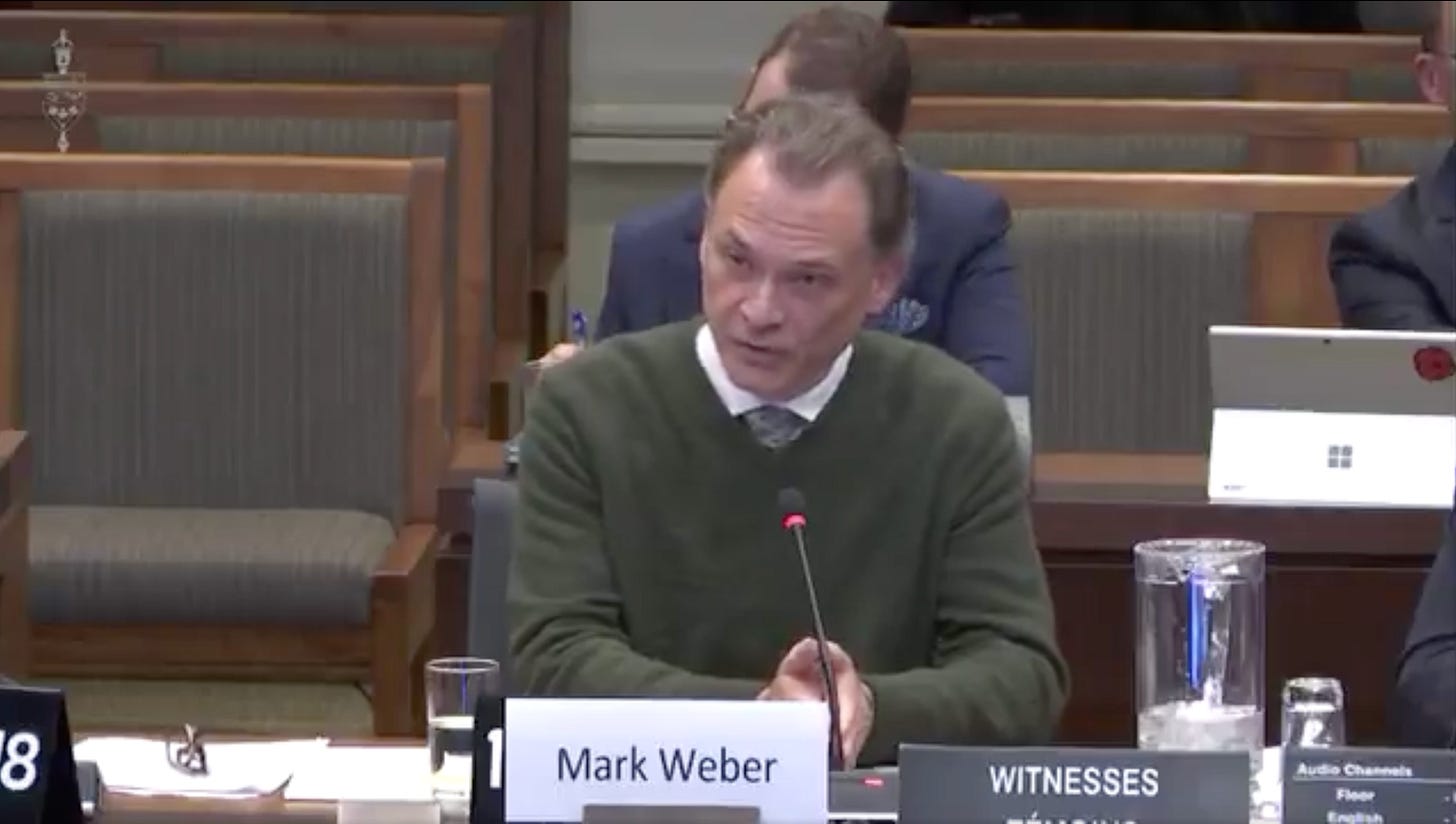
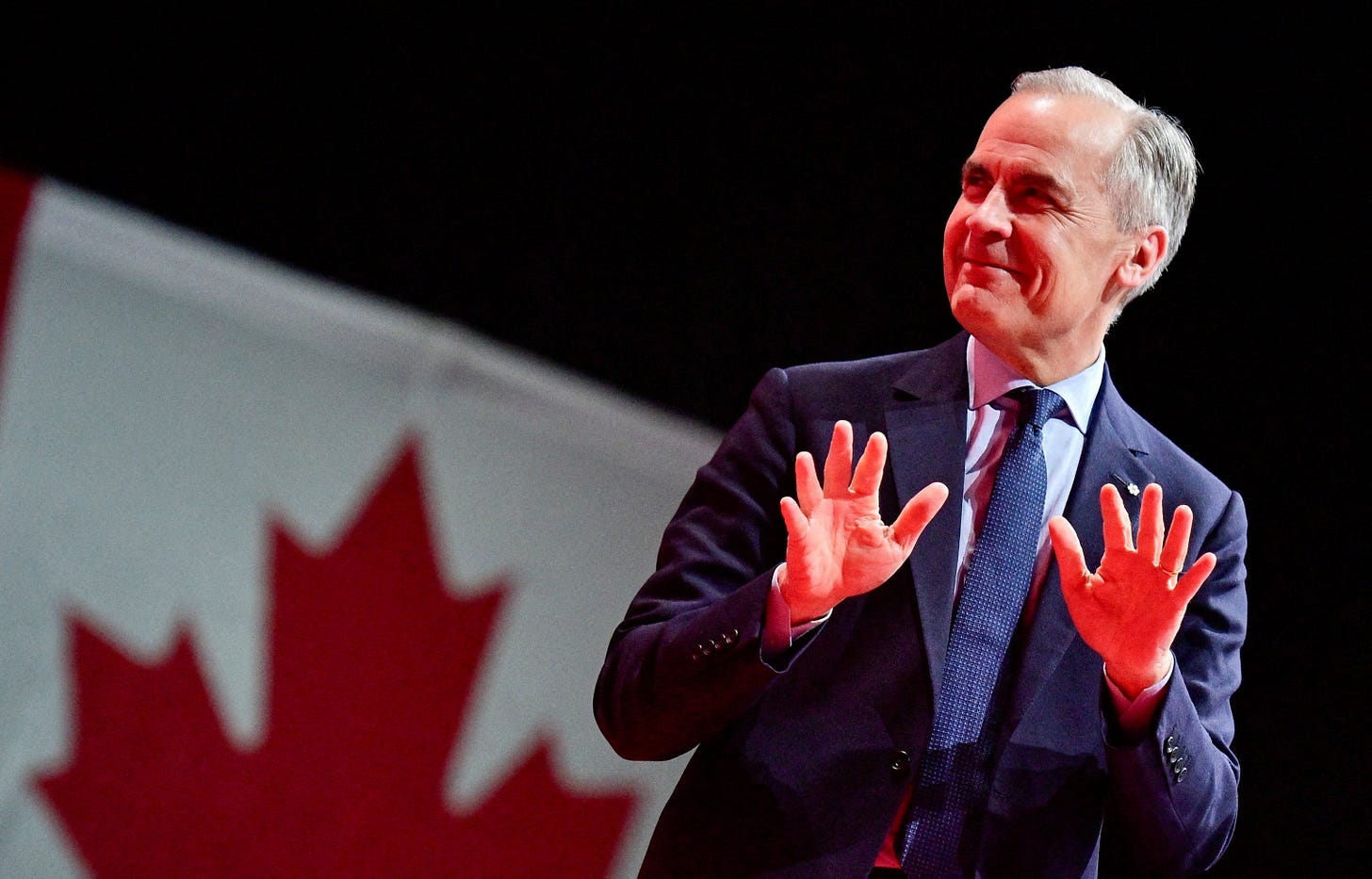


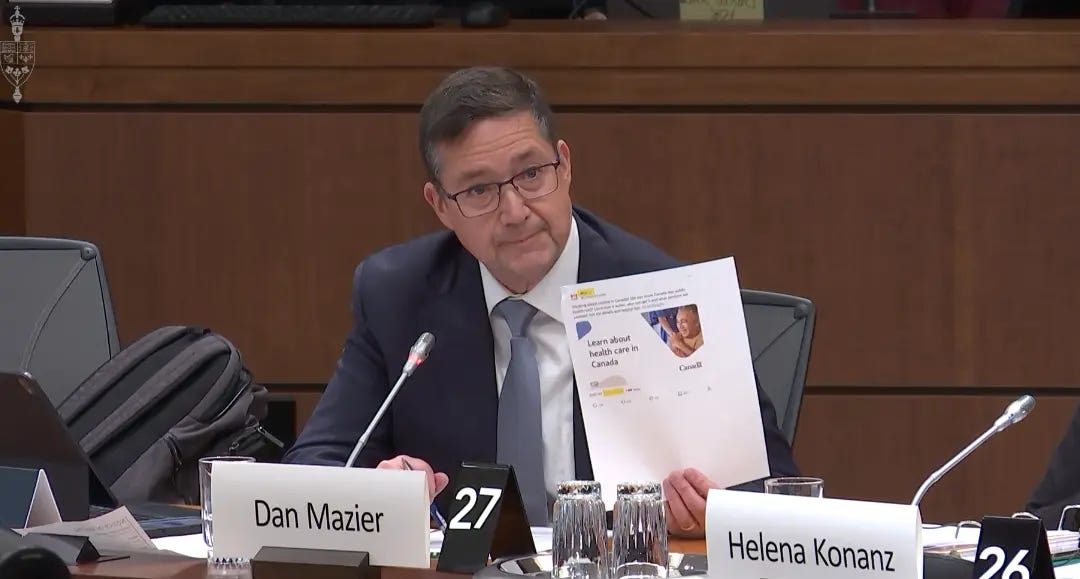
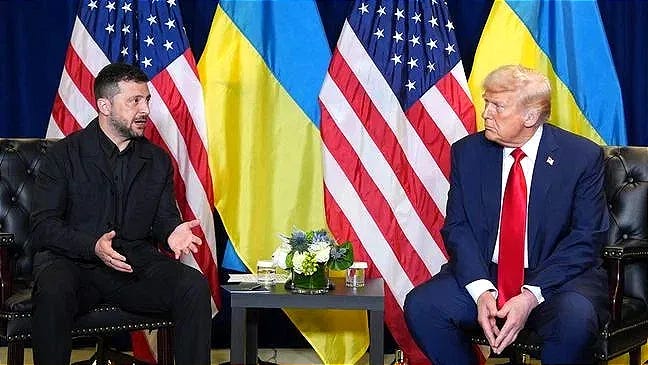

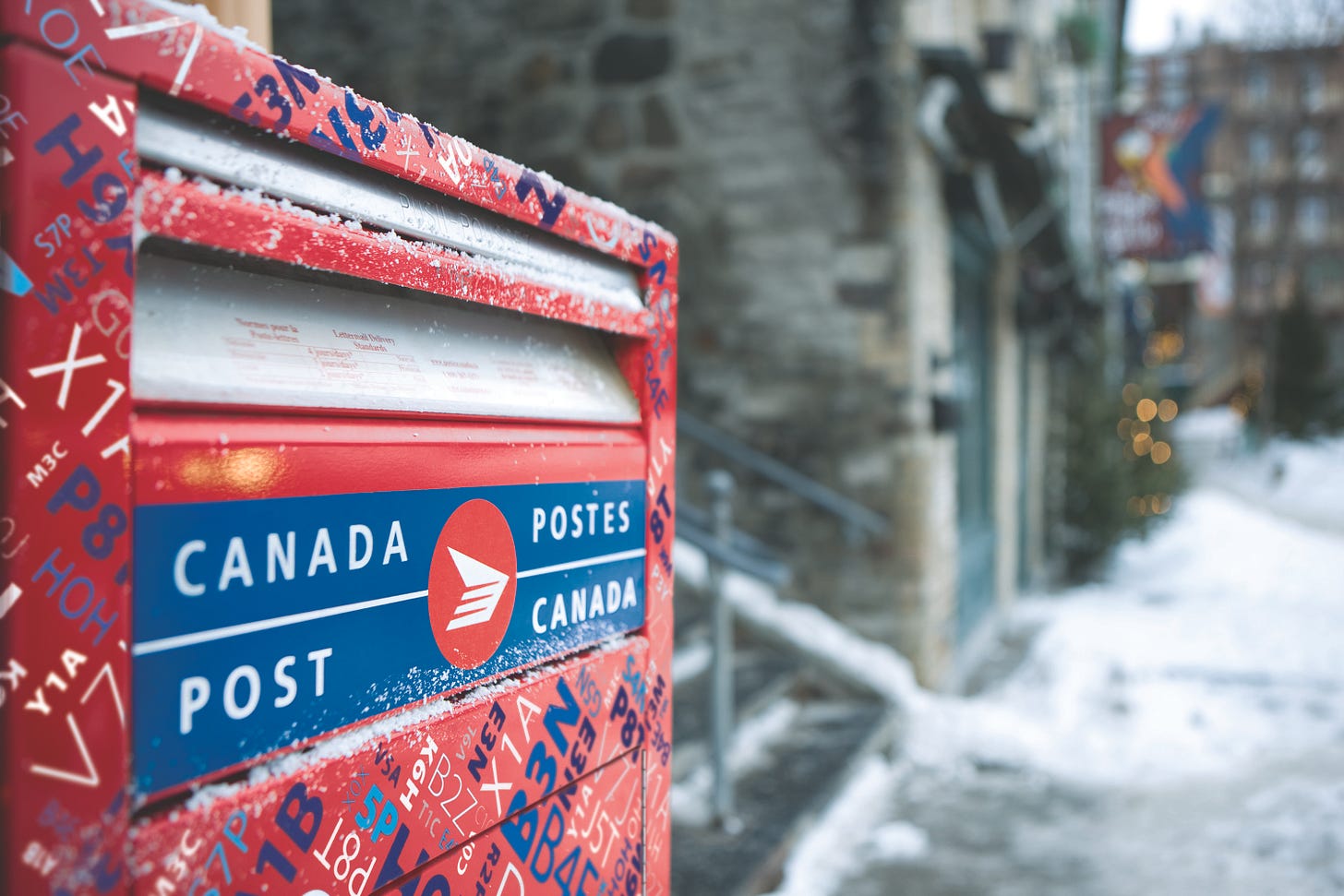



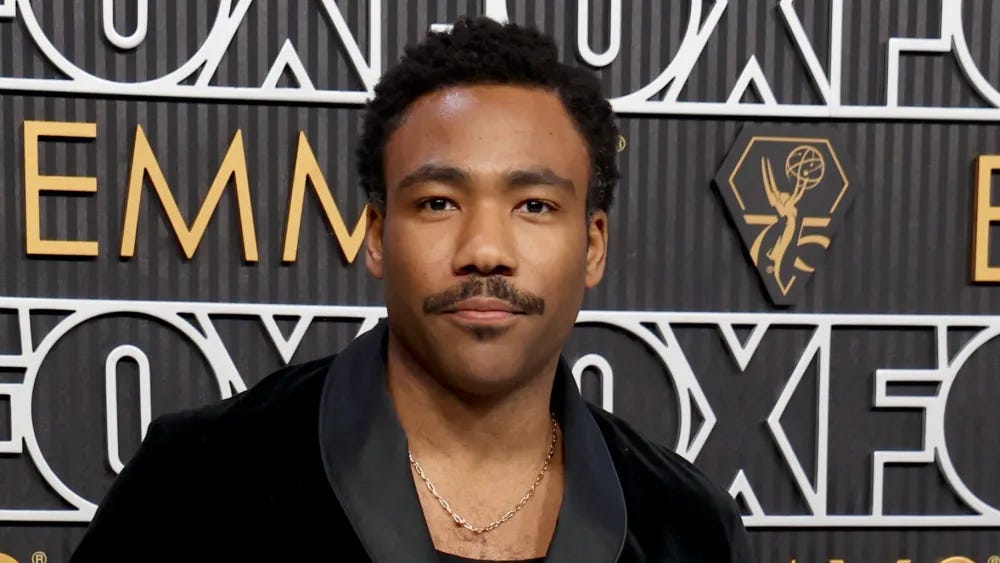

This was all planned by the liberals it didn't just happen
Sometimes all you have to do is read an article here, a story there, research a few details and a clear picture emerges. When Nova Scotia opened a health care clinic, in 2015 that was specifically for immigrants & refugees only, did anyone find it odd or ask questions? I remember thinking, so many Canadians without a family Dr but a clinic emerges to cater to a specific clientele, that's a clear sign and then the floodgates opened.